Home / j-k-election / Rajiv Kumar Bids Farewell as Chief Election Commissioner After a Landmark Tenure Overseeing Lok Sabha and J&K Polls
Rajiv Kumar Bids Farewell as Chief Election Commissioner After a Landmark Tenure Overseeing Lok Sabha and J&K Polls
By: My India Times
6 minutes read 58Updated At: 2025-02-18

A Stalwart of Electoral Reforms and Democratic Governance
Rajiv Kumar, who served as the 25th Chief Election Commissioner (CEC) of India, steps down from office after an eventful and transformative tenure that spanned nearly three years. His leadership was marked by high-stakes electoral processes, including the 2024 Lok Sabha elections and the Jammu and Kashmir Assembly elections, which were conducted after years of political uncertainty.
Kumar leaves behind a legacy of electoral reforms, administrative overhauls, and an unwavering commitment to upholding India’s democratic principles. However, his tenure was also accompanied by criticism from opposition parties, alleging bias and questioning the Election Commission’s (EC) impartiality. Despite these challenges, he remained steadfast in his mission, often using poetry to defend himself and the institution he led.
From Election Commissioner to Chief Election Commissioner: A Journey of Impact
Rajiv Kumar joined the Election Commission of India as an Election Commissioner on September 1, 2020. His extensive experience in governance and administration made him a natural fit for the role. Recognizing his capabilities, he was elevated to the position of Chief Election Commissioner on May 15, 2022.
During his tenure, Kumar oversaw a complete electoral cycle, managing elections across 31 states and Union Territories, including the Presidential and Vice-Presidential elections in 2022, Rajya Sabha elections, and the 2024 General Elections. His leadership saw the introduction of significant reforms in the structure, technology, and communication processes within the Election Commission.
The Challenges and Controversies of His Tenure
Despite his administrative accomplishments, Rajiv Kumar's tenure was not without controversy. Opposition parties and political activists frequently accused the Election Commission of favoring the ruling government, particularly in the handling of Electronic Voting Machines (EVMs), voter data integrity, and alleged leniency towards the Bharatiya Janata Party (BJP).
The Commission, under Kumar’s leadership, categorically denied these allegations and issued multiple official statements refuting claims of bias. Kumar personally defended the Election Commission, stating that the timing of such allegations was often questionable, coinciding with major elections and thereby attempting to undermine the credibility of the institution.
To counter allegations of seeking a post-retirement political appointment, Kumar made a bold statement, declaring that he would retreat to the deep Himalayas for six months after stepping down, to "detoxify" himself from the political noise surrounding his tenure.
Rajiv Kumar’s Stand on Freebies, Exit Polls, and Electoral Transparency
Addressing the Issue of Freebies and Financial Transparency in Elections
During his farewell address, Rajiv Kumar highlighted the issue of uncontrolled election freebies and overpromising in party manifestos. He emphasized that while the Supreme Court is currently deliberating on the matter, there is an urgent need for political parties to disclose the financial impact of their promises on state finances. He advocated for a system where election manifestos are backed by a detailed fiscal roadmap to ensure economic sustainability.
Criticism of Exit Polls and News Channel Coverage on Counting Day
Kumar also voiced his concerns over the role of exit polls and the way news channels project early election trends during vote counting. He called the process “nonsense”, arguing that premature election trends create unnecessary distractions, raise false expectations, and often mislead the electorate.
He urged media houses, particularly electronic media, to adopt greater self-regulation and responsibility in reporting electoral trends, emphasizing that exit polls should be more transparent in methodology by disclosing sample sizes and locations of surveys.
Legal Battles and the Election Commission’s Defense
Rajiv Kumar was at the center of a legal dispute when the Madras High Court criticized the Election Commission, holding it responsible for the COVID-19 surge in Tamil Nadu due to the decision to hold Assembly elections amid the pandemic. In response, Kumar personally drafted an affidavit offering to take accountability and even face punishment if found guilty, while simultaneously urging the courts to absolve the EC of any wrongdoing.
However, this affidavit was never officially submitted. The incident highlighted Kumar’s determination to stand by the Election Commission and defend its integrity against external criticism.
Delimitation of Assam’s Electoral Boundaries: A Significant Achievement
One of Rajiv Kumar’s most notable contributions was the delimitation of Parliamentary and Assembly constituencies in Assam. This complex and politically sensitive task required meticulous planning, consultations, and negotiations among diverse stakeholders.
Kumar ensured that the process was inclusive and participatory, bringing together representatives from various political parties, community groups, and social organizations. His approach ensured that conflicting viewpoints were addressed, ultimately leading to a fair and representative redefinition of Assam’s electoral boundaries.
A Smooth Transition of Leadership in the Election Commission
On February 18, 2025, just a day before stepping down, Rajiv Kumar expressed confidence in the next Chief Election Commissioner, Gyanesh Kumar, who was appointed by the government to succeed him. He stated that the Election Commission remains in capable hands, and India’s voters will continue to support the institution in its role as the guardian of free and fair elections.
In his farewell speech, he reiterated his long-standing belief that timing of electoral petitions and narratives often plays a crucial role in public perception. He called for greater judicial awareness in scheduling politically sensitive hearings to ensure that electoral processes remain undisturbed.
A Look at Rajiv Kumar’s Illustrious Career Before the Election Commission
Before joining the Election Commission, Rajiv Kumar had a distinguished career in public service. He served as:
Chairman of the Public Enterprises Selection Board (April - August 2020)
Union Finance Secretary (July 2019 - February 2020)
Secretary, Financial Services (September 2017 - July 2019)
Establishment Officer, Government of India (March 2015 - June 2017)
As an Indian Administrative Service (IAS) officer from the Bihar/Jharkhand cadre (1984 batch), Kumar retired from government service in February 2020 before being appointed to the Election Commission.
A Legacy of Electoral Strengthening and Democratic Integrity
Rajiv Kumar’s tenure as Chief Election Commissioner will be remembered for its ambitious electoral reforms, commitment to democratic processes, and his ability to withstand political pressures. While criticism and controversy were part of his journey, his dedication to upholding the credibility of India’s electoral system remained unwavering.
As he embarks on a new chapter post-retirement—perhaps in the solitude of the Himalayas, as he humorously suggested—his contributions to India’s electoral landscape will continue to shape democratic governance for years to come.
....
A Stalwart of Electoral Reforms and Democratic Governance
Rajiv Kumar, who served as the 25th Chief Election Commissioner (CEC) of India, steps down from office after an eventful and transformative tenure that spanned nearly three years. His leadership was marked by high-stakes electoral processes, including the 2024 Lok Sabha elections and the Jammu and Kashmir Assembly elections, which were conducted after years of political uncertainty.
Kumar leaves behind a legacy of electoral reforms, administrative overhauls, and an unwavering commitment to upholding India’s democratic principles. However, his tenure was also accompanied by criticism from opposition parties, alleging bias and questioning the Election Commission’s (EC) impartiality. Despite these challenges, he remained steadfast in his mission, often using poetry to defend himself and the institution he led.
From Election Commissioner to Chief Election Commissioner: A Journey of Impact
Rajiv Kumar joined the Election Commission of India as an Election Commissioner on September 1, 2020. His extensive experience in governance and administration made him a natural fit for the role. Recognizing his capabilities, he was elevated to the position of Chief Election Commissioner on May 15, 2022.
During his tenure, Kumar oversaw a complete electoral cycle, managing elections across 31 states and Union Territories, including the Presidential and Vice-Presidential elections in 2022, Rajya Sabha elections, and the 2024 General Elections. His leadership saw the introduction of significant reforms in the structure, technology, and communication processes within the Election Commission.
The Challenges and Controversies of His Tenure
Despite his administrative accomplishments, Rajiv Kumar's tenure was not without controversy. Opposition parties and political activists frequently accused the Election Commission of favoring the ruling government, particularly in the handling of Electronic Voting Machines (EVMs), voter data integrity, and alleged leniency towards the Bharatiya Janata Party (BJP).
The Commission, under Kumar’s leadership, categorically denied these allegations and issued multiple official statements refuting claims of bias. Kumar personally defended the Election Commission, stating that the timing of such allegations was often questionable, coinciding with major elections and thereby attempting to undermine the credibility of the institution.
To counter allegations of seeking a post-retirement political appointment, Kumar made a bold statement, declaring that he would retreat to the deep Himalayas for six months after stepping down, to "detoxify" himself from the political noise surrounding his tenure.
Rajiv Kumar’s Stand on Freebies, Exit Polls, and Electoral Transparency
Addressing the Issue of Freebies and Financial Transparency in Elections
During his farewell address, Rajiv Kumar highlighted the issue of uncontrolled election freebies and overpromising in party manifestos. He emphasized that while the Supreme Court is currently deliberating on the matter, there is an urgent need for political parties to disclose the financial impact of their promises on state finances. He advocated for a system where election manifestos are backed by a detailed fiscal roadmap to ensure economic sustainability.
Criticism of Exit Polls and News Channel Coverage on Counting Day
Kumar also voiced his concerns over the role of exit polls and the way news channels project early election trends during vote counting. He called the process “nonsense”, arguing that premature election trends create unnecessary distractions, raise false expectations, and often mislead the electorate.
He urged media houses, particularly electronic media, to adopt greater self-regulation and responsibility in reporting electoral trends, emphasizing that exit polls should be more transparent in methodology by disclosing sample sizes and locations of surveys.
Legal Battles and the Election Commission’s Defense
Rajiv Kumar was at the center of a legal dispute when the Madras High Court criticized the Election Commission, holding it responsible for the COVID-19 surge in Tamil Nadu due to the decision to hold Assembly elections amid the pandemic. In response, Kumar personally drafted an affidavit offering to take accountability and even face punishment if found guilty, while simultaneously urging the courts to absolve the EC of any wrongdoing.
However, this affidavit was never officially submitted. The incident highlighted Kumar’s determination to stand by the Election Commission and defend its integrity against external criticism.
Delimitation of Assam’s Electoral Boundaries: A Significant Achievement
One of Rajiv Kumar’s most notable contributions was the delimitation of Parliamentary and Assembly constituencies in Assam. This complex and politically sensitive task required meticulous planning, consultations, and negotiations among diverse stakeholders.
Kumar ensured that the process was inclusive and participatory, bringing together representatives from various political parties, community groups, and social organizations. His approach ensured that conflicting viewpoints were addressed, ultimately leading to a fair and representative redefinition of Assam’s electoral boundaries.
A Smooth Transition of Leadership in the Election Commission
On February 18, 2025, just a day before stepping down, Rajiv Kumar expressed confidence in the next Chief Election Commissioner, Gyanesh Kumar, who was appointed by the government to succeed him. He stated that the Election Commission remains in capable hands, and India’s voters will continue to support the institution in its role as the guardian of free and fair elections.
In his farewell speech, he reiterated his long-standing belief that timing of electoral petitions and narratives often plays a crucial role in public perception. He called for greater judicial awareness in scheduling politically sensitive hearings to ensure that electoral processes remain undisturbed.
A Look at Rajiv Kumar’s Illustrious Career Before the Election Commission
Before joining the Election Commission, Rajiv Kumar had a distinguished career in public service. He served as:
Chairman of the Public Enterprises Selection Board (April - August 2020)
Union Finance Secretary (July 2019 - February 2020)
Secretary, Financial Services (September 2017 - July 2019)
Establishment Officer, Government of India (March 2015 - June 2017)
As an Indian Administrative Service (IAS) officer from the Bihar/Jharkhand cadre (1984 batch), Kumar retired from government service in February 2020 before being appointed to the Election Commission.
A Legacy of Electoral Strengthening and Democratic Integrity
Rajiv Kumar’s tenure as Chief Election Commissioner will be remembered for its ambitious electoral reforms, commitment to democratic processes, and his ability to withstand political pressures. While criticism and controversy were part of his journey, his dedication to upholding the credibility of India’s electoral system remained unwavering.
As he embarks on a new chapter post-retirement—perhaps in the solitude of the Himalayas, as he humorously suggested—his contributions to India’s electoral landscape will continue to shape democratic governance for years to come.
By: My India Times
Updated At: 2025-02-18
Tags: j-k-election News | My India Times News | Trending News | Travel News
Join our WhatsApp Channel



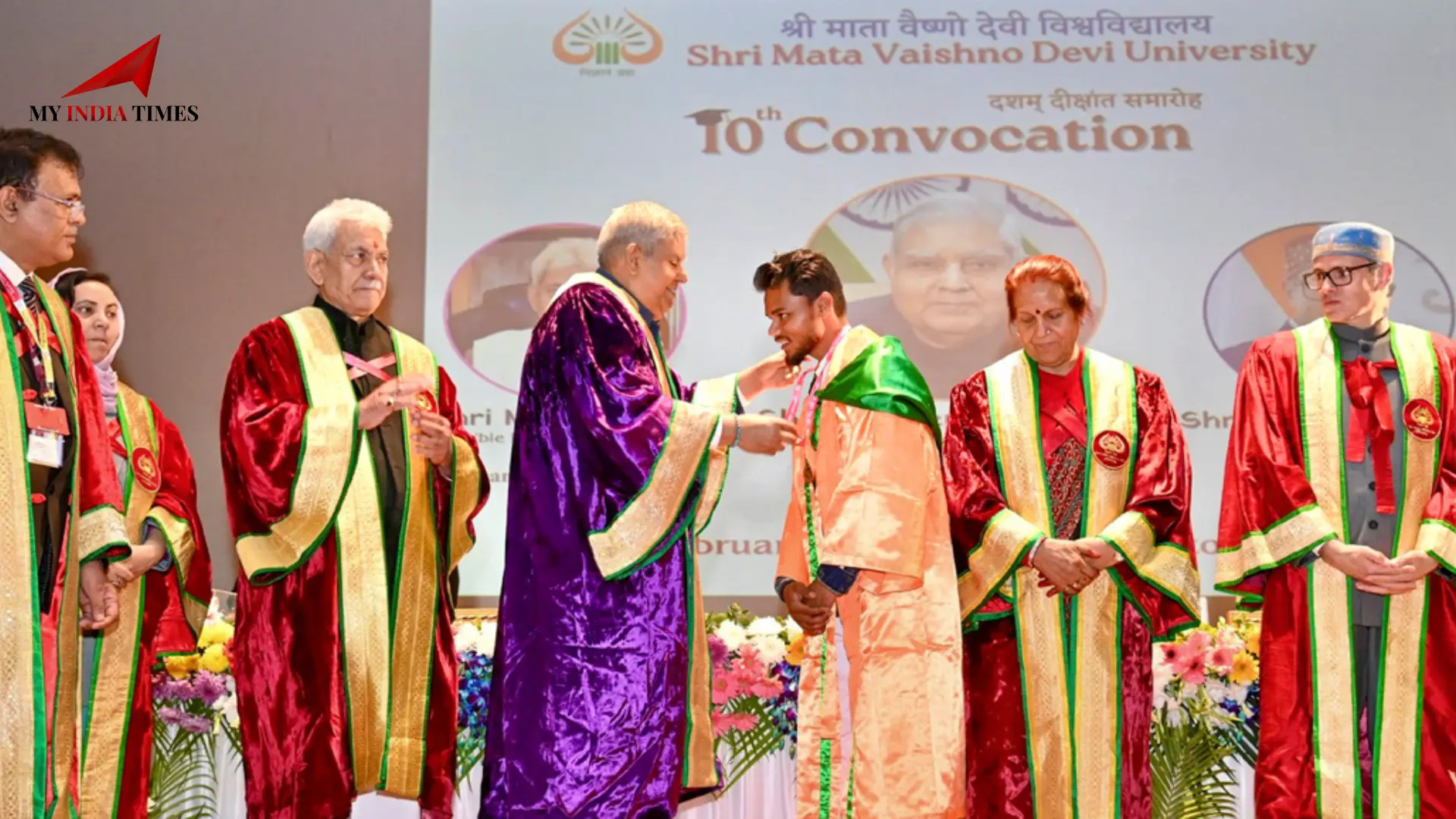

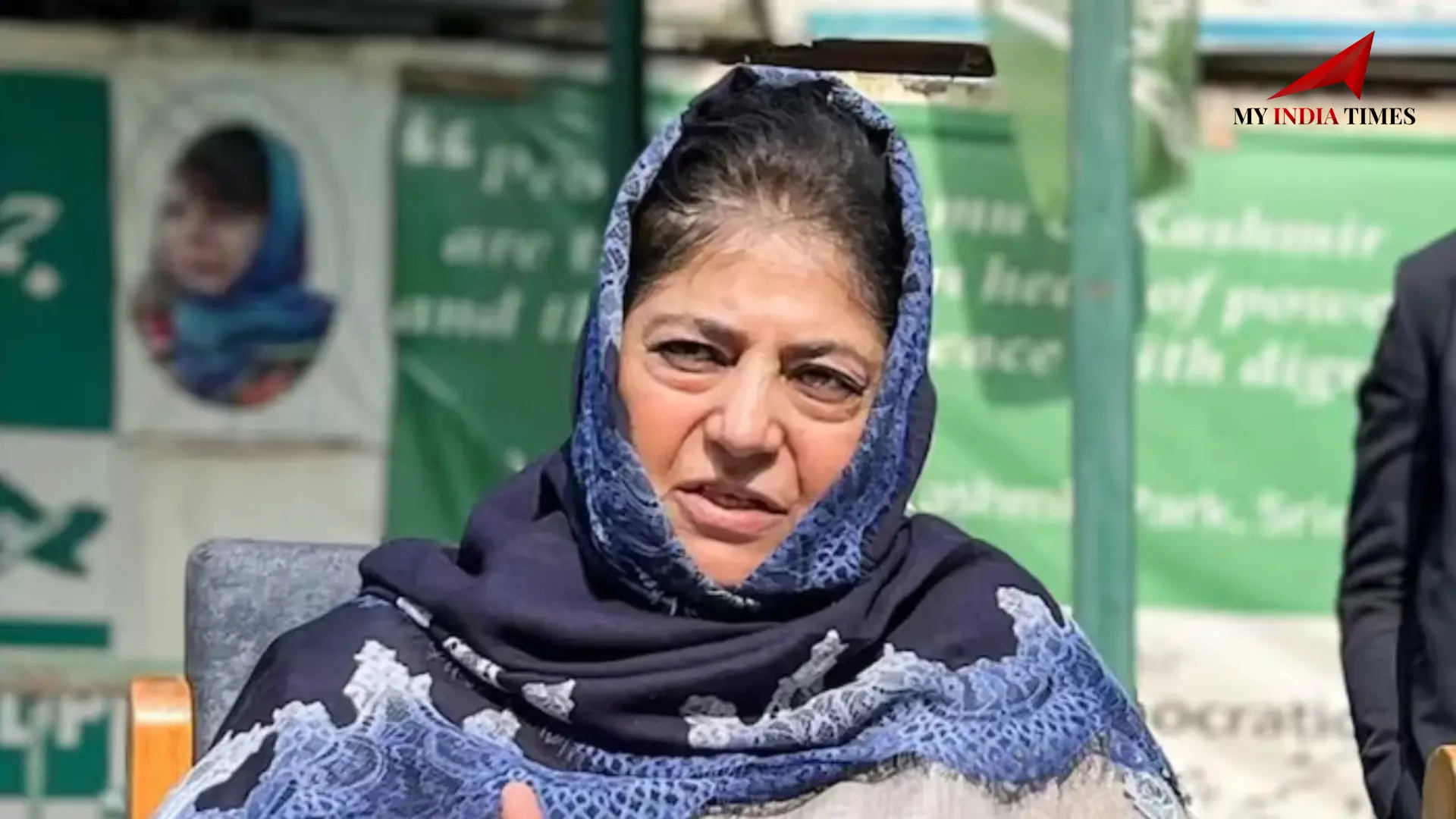
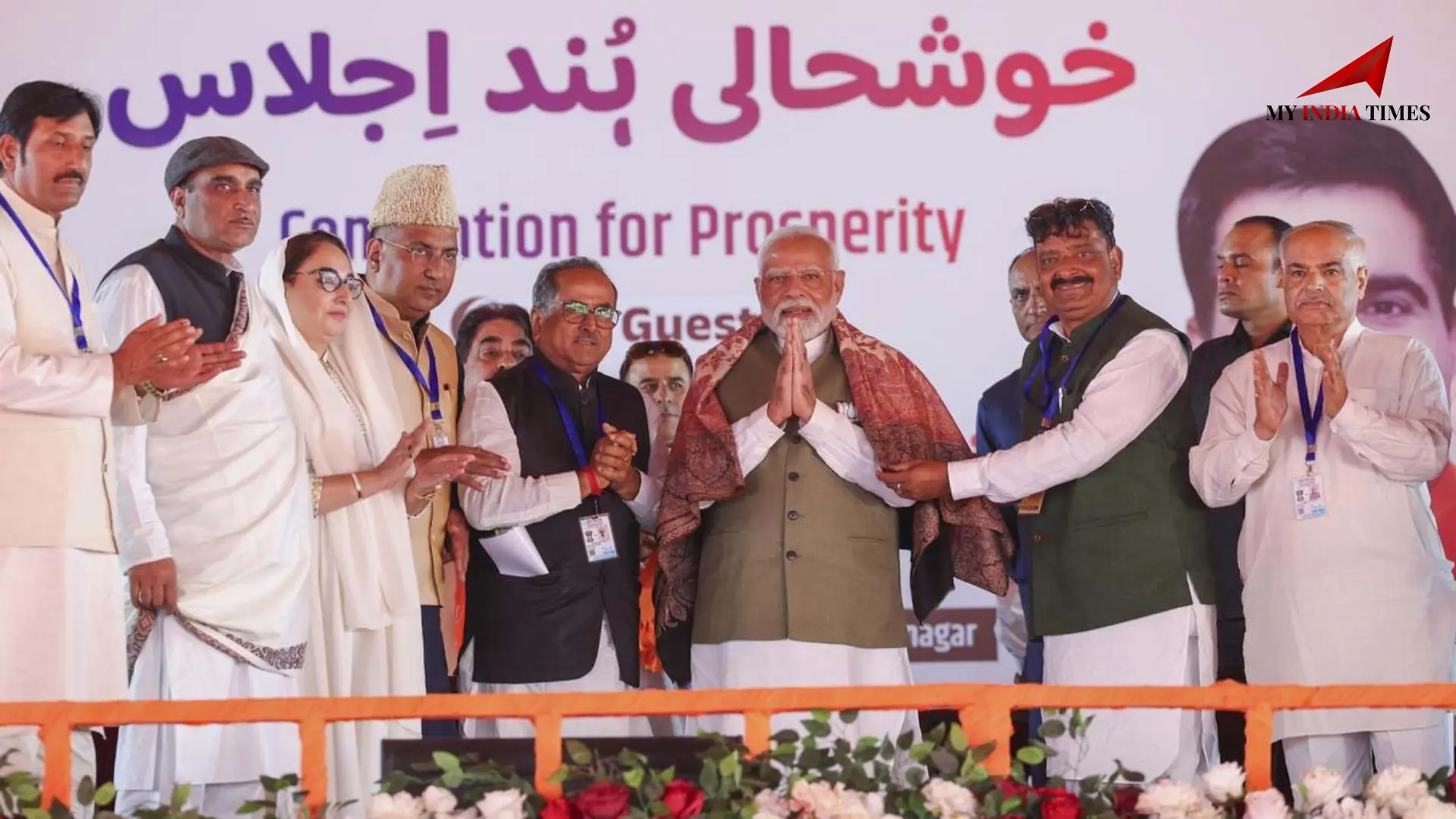
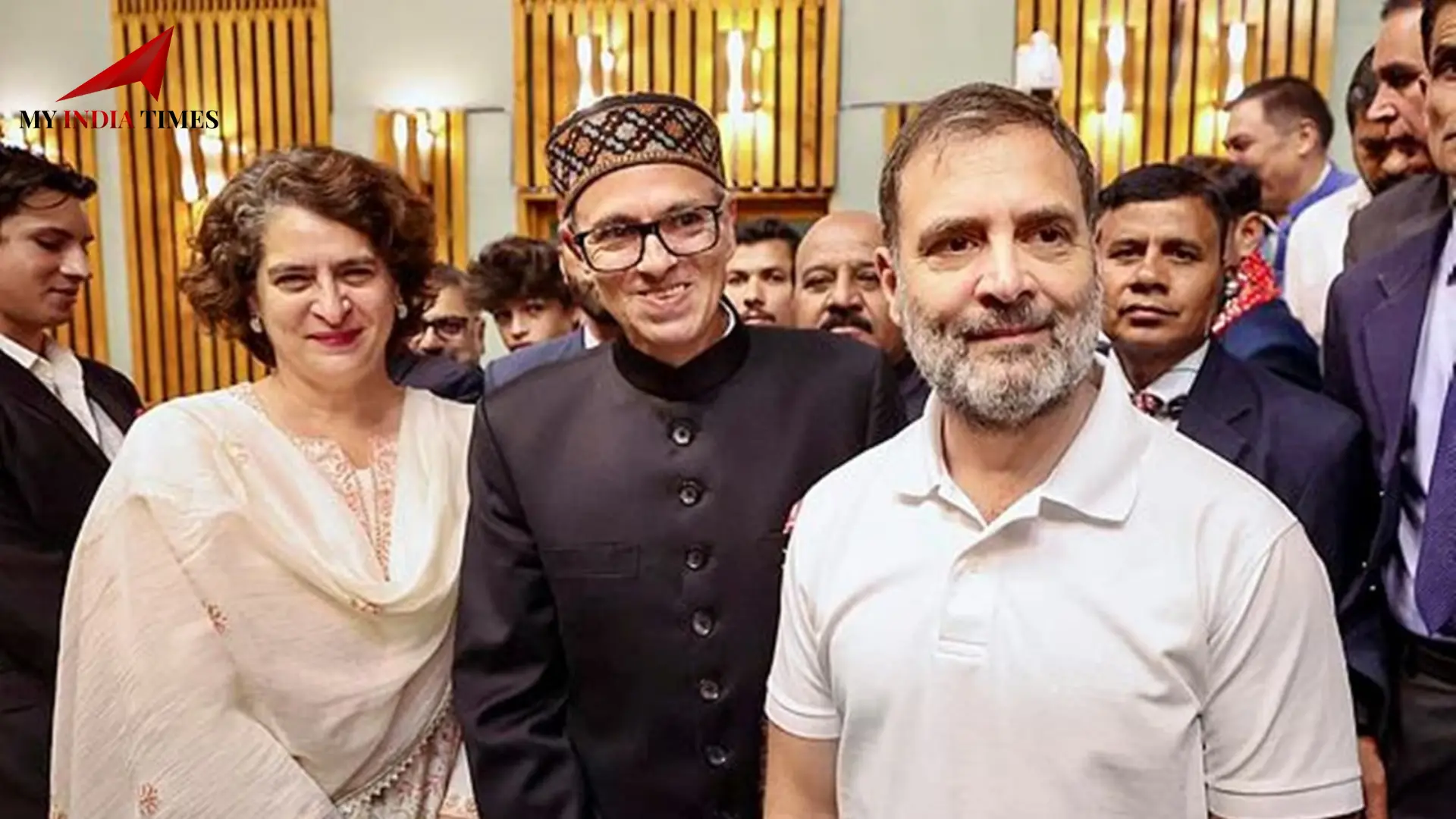

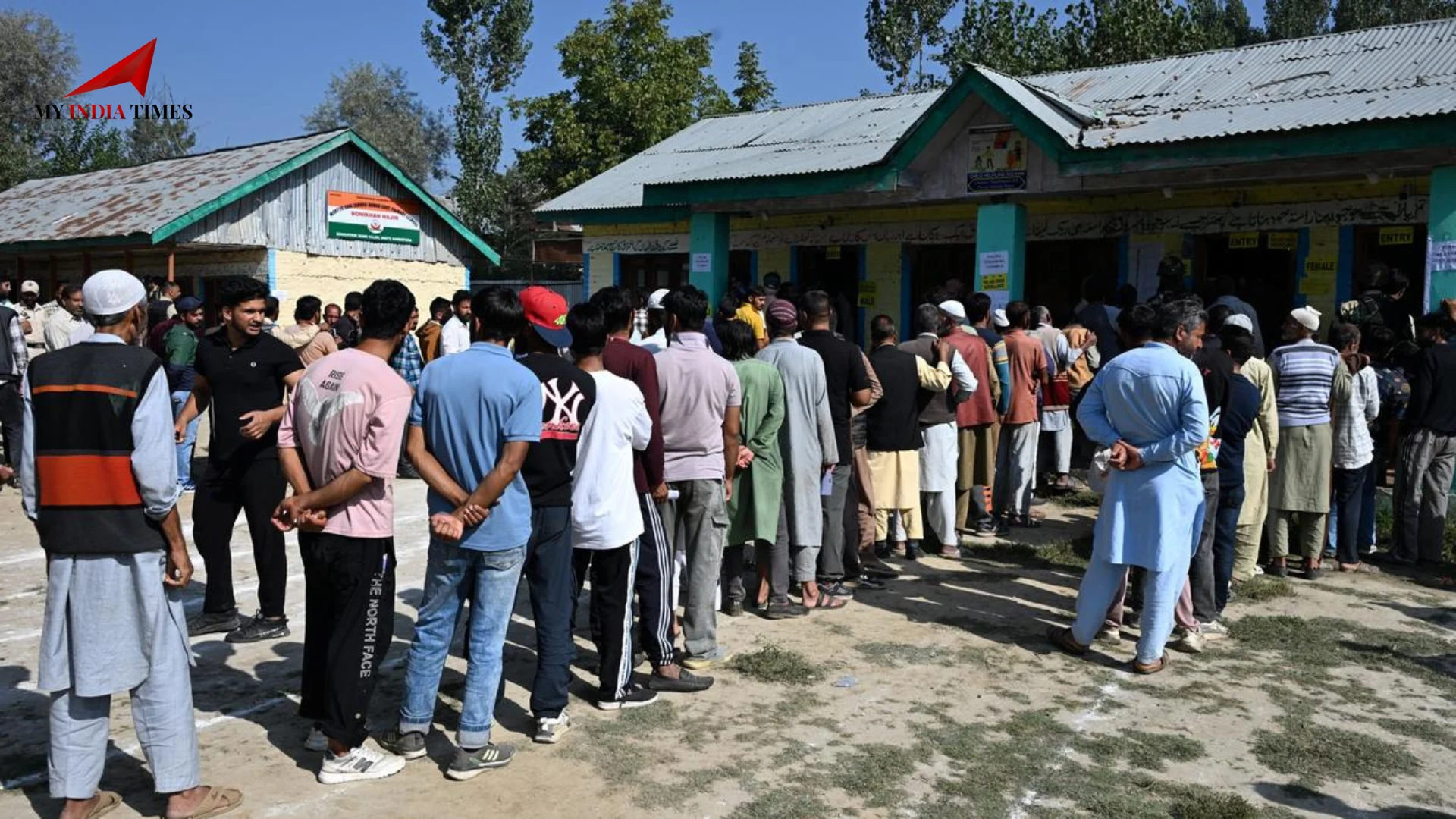
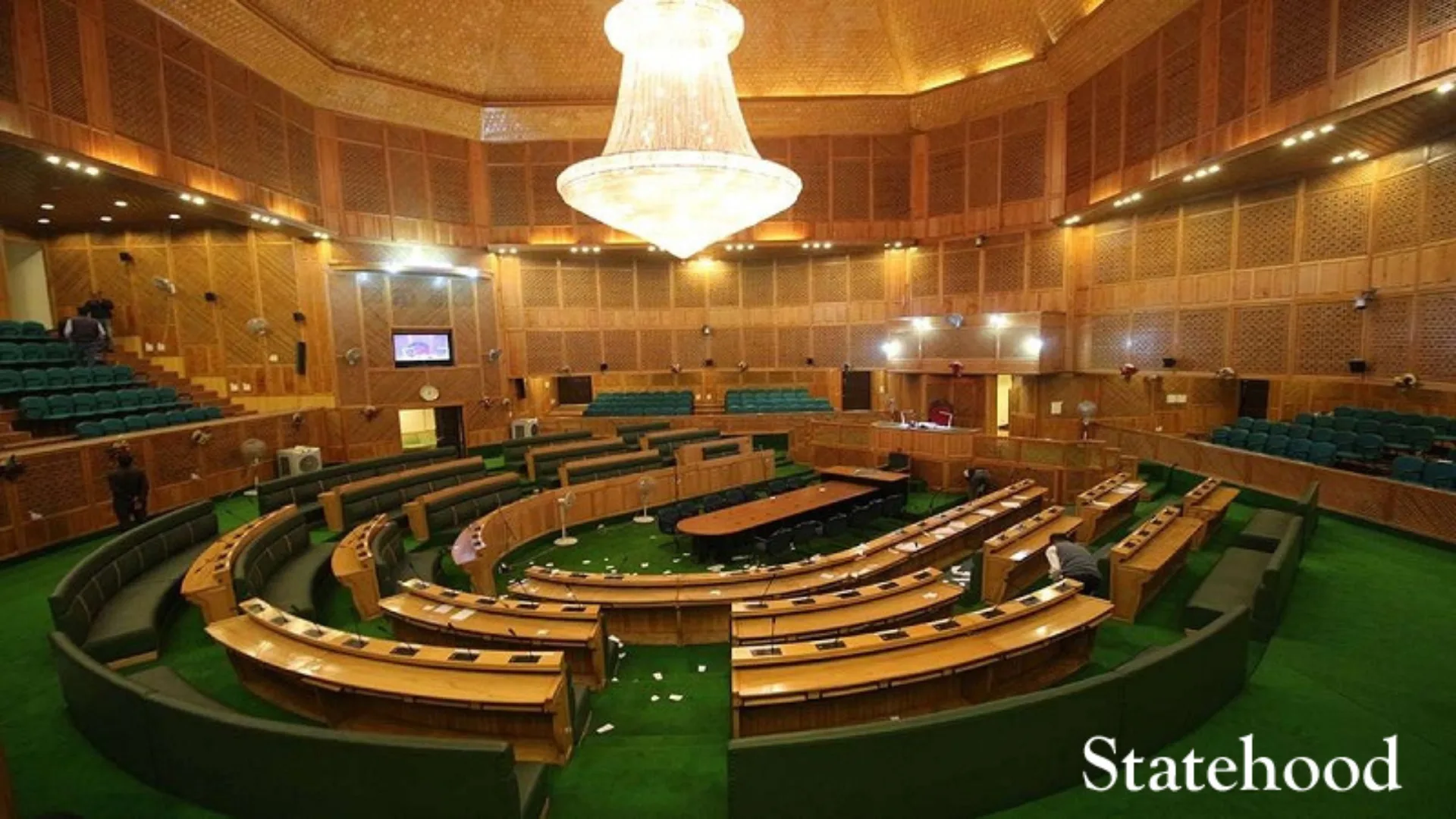
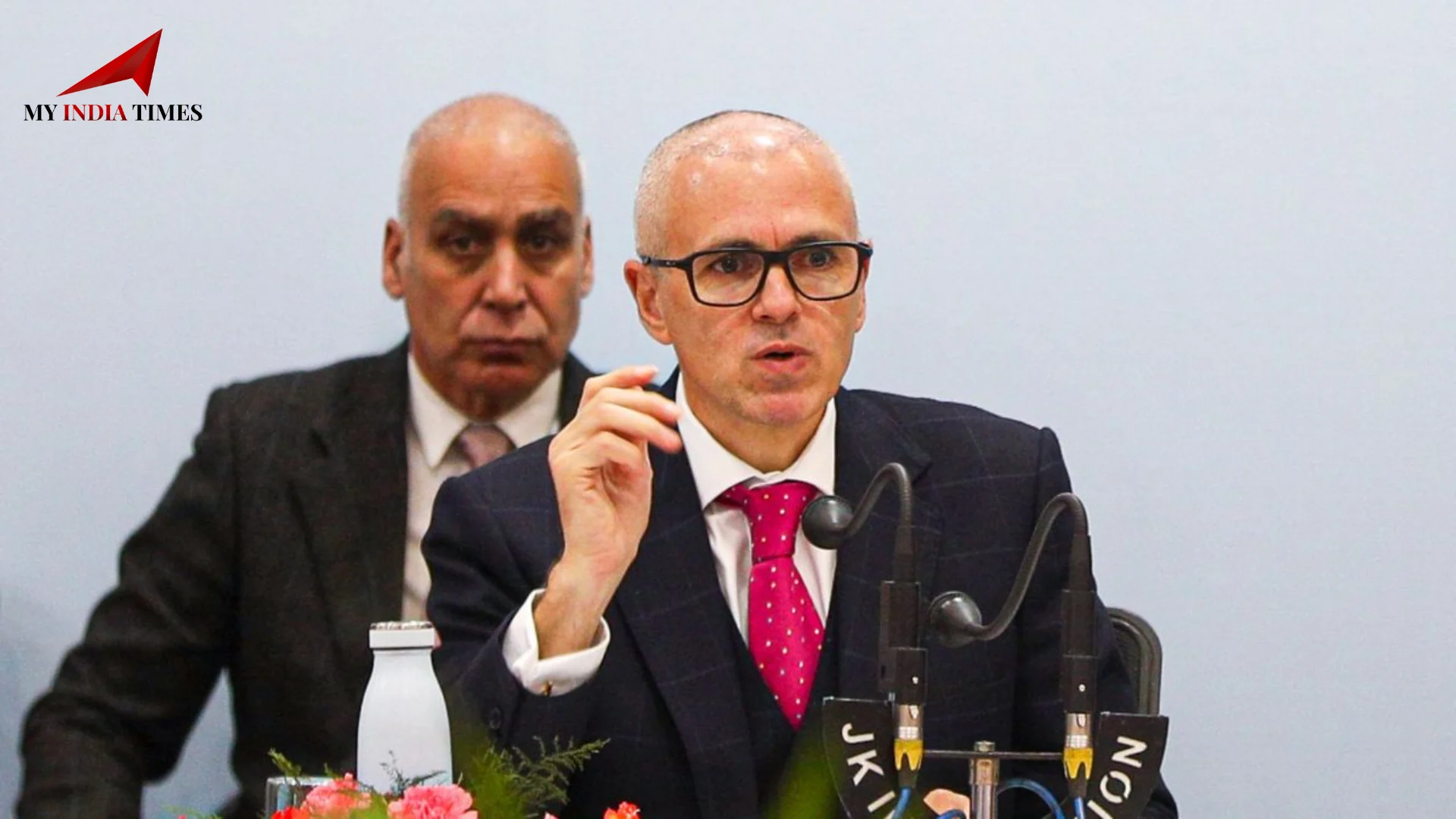






























































































.png)
 (1).png)























